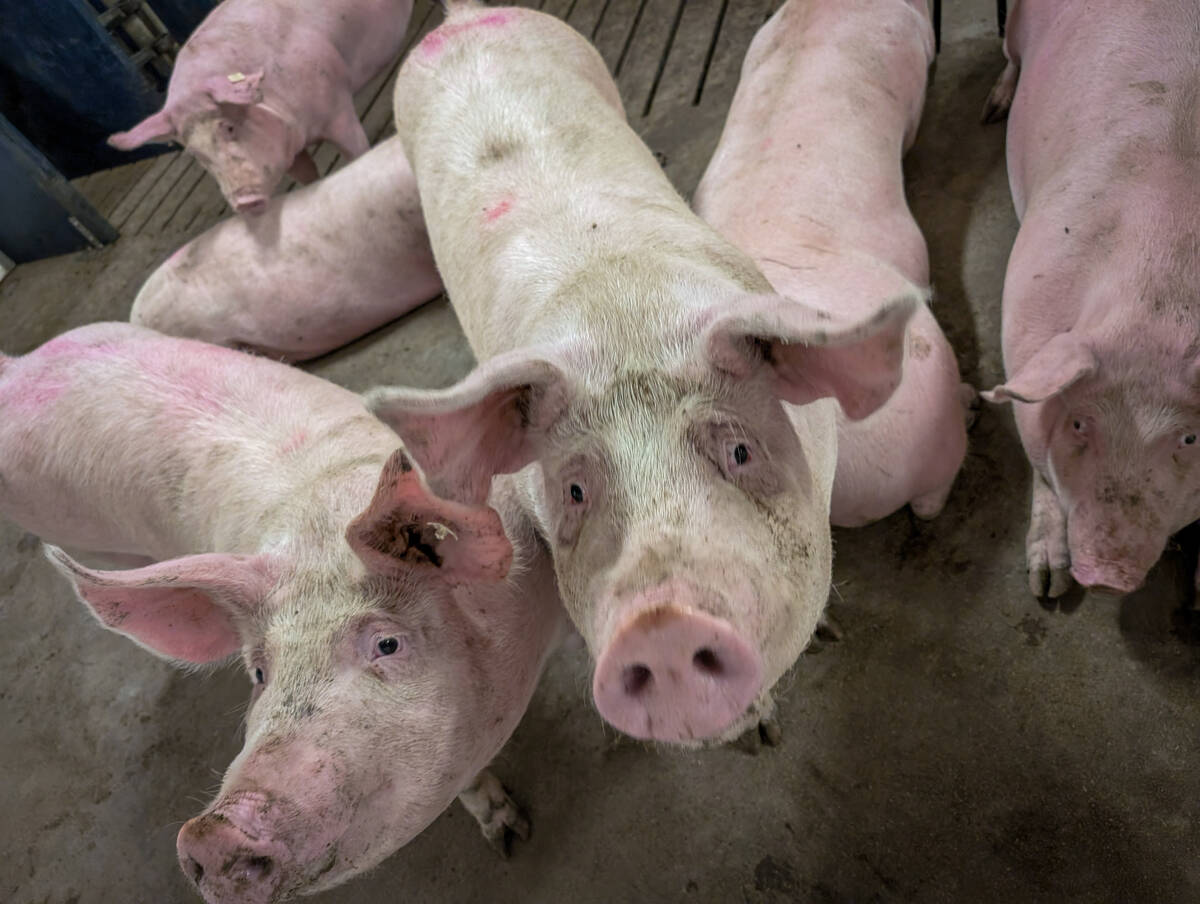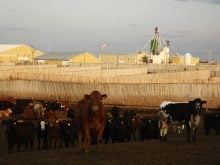ESTEVAN, Sask. – Canadian beef producers need to oppose supplemental imports of beef from non-North American Free Trade Agreement countries, unless these countries pay duty, says longtime industry watcher Charlie Gracey.
He said supplements were suspended after BSE, but the minute borders are fully open, they are likely to be an issue again.
“It isn’t a question of whether or not supplementaries will be granted,” he said. “The question is whether or not supplementaries will be granted without duty.”
Canada is obligated to take 76,409 tonnes of supplements per year, but often took more. Duty on supplementary imports is 26.5 percent.
Read Also

Pork sector targets sustainability
Manitoba Pork has a new guiding document, entitled Building a Sustainable Future, outlining its sustainability goals for the years to come.
However, Gracey said the beef came in duty-free the last seven years before BSE because manufacturers said they had to have it.
Gracey said the United States doesn’t accept more than the 696,000 tonnes it is required to import even though it has higher per capita consumption and higher income.
“In the interests of getting along with our most important trading partner, I submit that we have to have the same import trading regime as they do if we want to avoid troubles down the road,” he told the Saskatchewan Stock Growers Association conference.
Gracey showed graphs to illustrate that Canada has always had a surplus of its own production and never needed supplemental imports.
There has been a decline of per capita consumption of domestic beef but an increase in consumption of beef imported from countries outside of NAFTA.
Val Marie, Sask., rancher Pat Hayes asked how producers can pressure the government to keep supplements out.
Gracey said this will be a test of producers’ will because manufacturers will argue they need the product.
“That argument has been pretty much destroyed the last two years,” he said.
“We’ve been able to show that we’ve got the product and if, in fact, there’s some new exotic product like virgin dairy bulls coming from New Zealand, well then that’s what the quota (is) for.
“We’re not saying they can’t come. We’re saying they pay the duty.”

















